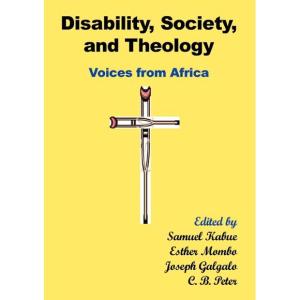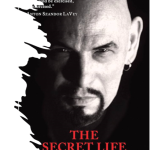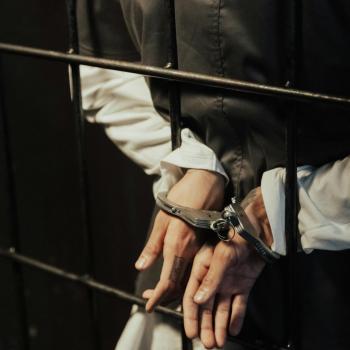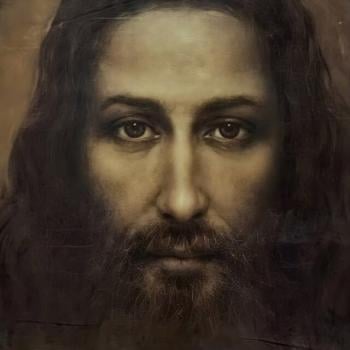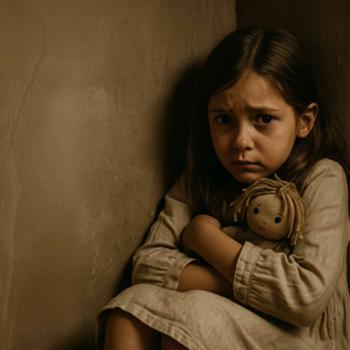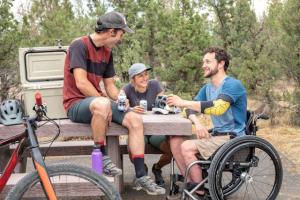
Accessibility and Accommodations for Persons with Disabilities in the Church
In 2013, I pursued a master’s degree in pastoral studies at a seminary, with a focus on the experiences of individuals with disabilities within the church. I hoped to find insights about my mother. This journey has unveiled many eye-opening revelations about the world around me. Specifically, I’ve uncovered the lack of flexibility, empathy, and recognition of the rights of people with disabilities.
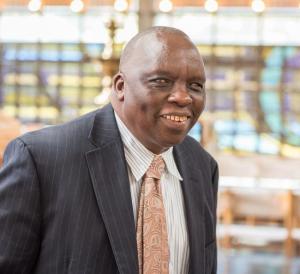
“Samuel Kabue, a blind theologian from Africa, has extensively explored the topic of disabilities, particularly in the workplace and within the church. He emphasizes the importance of churches providing spiritual care and support to individuals with disabilities, rather than focusing solely on their disabilities. According to Kabue, the church has a crucial role in fostering positive relationships with the disabled community. As I’ve grown older, I’ve come to realize that our physical, mental, and spiritual well-being is paramount. We need to care for one another and the environment we call home.”
Here are a few suggested strategies for the clergy and the church to enhance their inclusivity for people with disabilities.
- Clergy can incorporate sermons that resonate with people with disabilities, such as consistently including them in preaching.
- Improving accessibility for wheelchairs, providing sign language interpreters, and materials for persons who read braille in parishes and other houses of prayer.
- Churches have access to materials and tools for people with disabilities, but it’s ultimately the responsibility of each parish and place of worship to decide how to incorporate and prioritize these resources within their community
- It’s important to acknowledge professional parishioners who can offer professional services to support individuals with disabilities.
- The church can provide training to non-professional staff to educate them about advocating for individuals with disabilities. This training could include information about laws, regulations, and compliance related to people with disabilities.
- The church serves as a reflection of Jesus Christ, and we must follow his example by showing kindness and respect to all of God’s children. It is crucial to implement various measures that can help individuals with disabilities to engage socially and spiritually within the church fully. Every person, regardless of ability, holds equal significance within the church community.
(c) M. Argay 2013-2024
